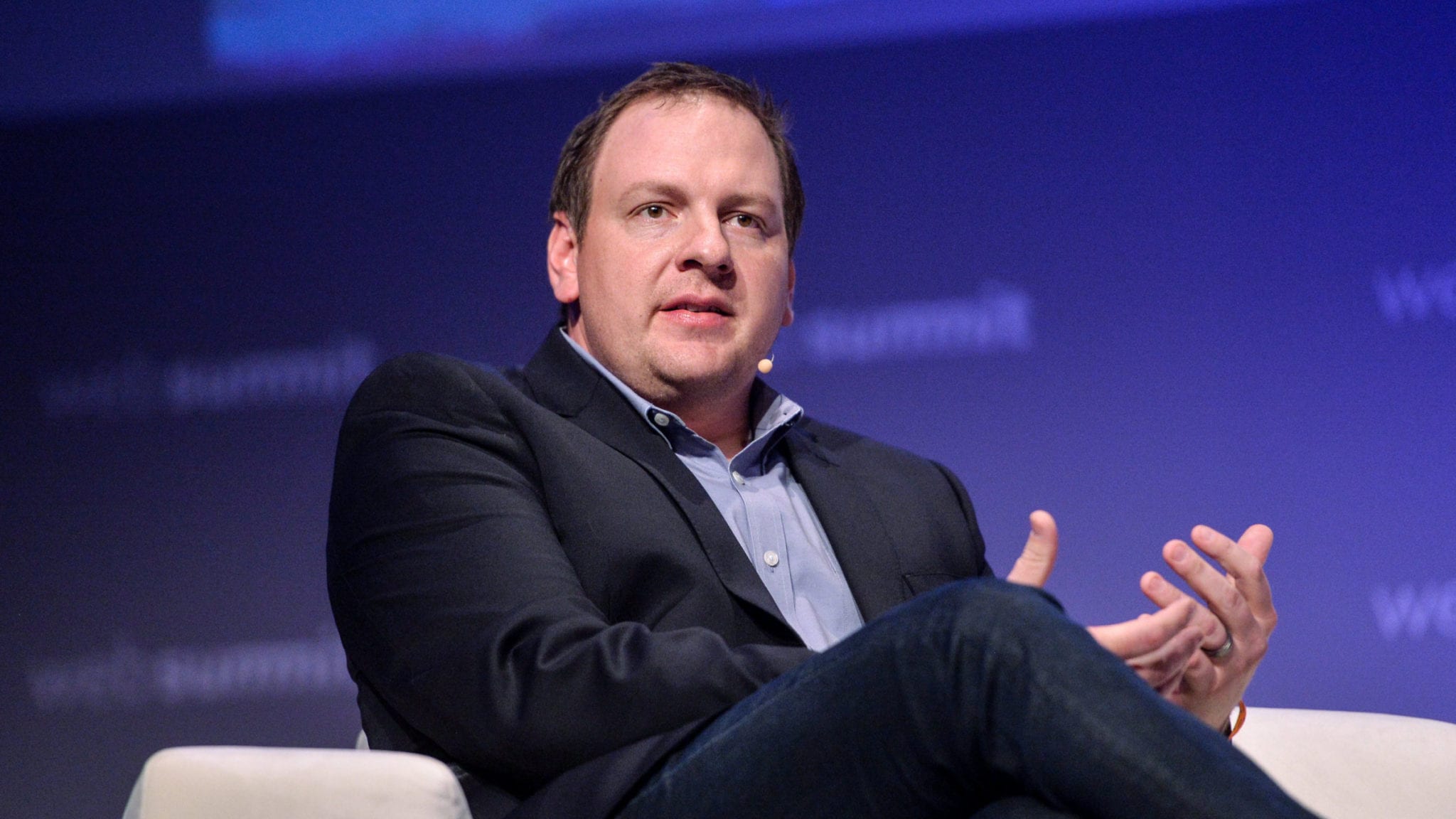
Chris Gibson, Recursion CEO (Vaughn Ridley/Sportsfile for Web Summit via Getty Images)
Recursion will take its AI platform public in latest IPO filing, while rare heart mutation biotech jumps on SPAC train
Editor’s note: Interested in following biopharma’s fast-paced IPO market? You can bookmark our IPO Tracker here.
The IPO market continues to churn, with a …
Sign up to read this article for free.
Get free access to a limited number of articles, plus choose newsletters to get straight to your inbox.